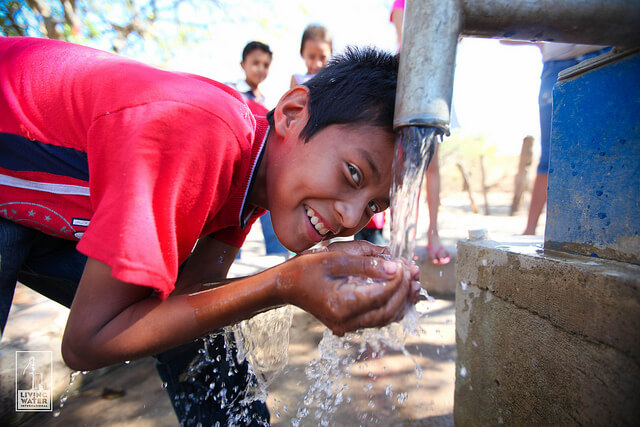How to Teach Your Children to Apologize Well
Not everyone knows how to apologize well. We can help our kids learn to apologize with these four simple steps.

I don’t know about you, but hearing my kids argue and fight with each other is one of my least favorite things.
Truthfully, this is in part simply because it can be really annoying to hear. But I realize that this is actually more of an indicator of my sin than theirs.
Mostly, though, I deeply desire for my children to love each other well, and to learn how to handle conflict in a healthy way. Because conflict is inescapable.
Our children’s early years are the training ground in which they will experience all manner of conflicts — hurt feelings, stolen toys, physical roughness, unkind words, and more.
We cannot (nor should we try to) protect our kids from ever being let down or offended. Moreover, we should not excuse away their own sinful attitudes and indiscretions as mere childish behavior that can be laughed off or swept under the rug.
Allowing kids to throw out a flippant “sorrrry” is teaching them that their sin against one another is no big deal.
Instead, helping our children understand the steps of a true apology is one more occasion where we are laying the bricks of an understanding of the gospel in their hearts.
Sin separates. Repentance reconciles. God forgives. God redeems.

I want to by clear that we do not perfectly practice these habits in our home. Nope. Not by a long shot. But we are striving, like you are, to faithfully train and shepherd our children towards loving God and loving each other.
Our hope is never in our perfect parenting (as if). Our hope is always in the gospel that alone can change lives. Even as we teach our children how to apologize well, we remind them that even the best apologizers fall short and need God’s grace every single day.
How to Teach Your Children to Apologize Well
1. Identify the Offense
This first step is crucial because it involves a child recognizing what he did wrong and confessing it to the offended. Learning to recognize the problem helps children to see their sin and feel conviction (by God’s grace), to learn to avoid doing it again (in time), and helps the offended person feel validated and heard.
“I’m sorry I broke your LEGO car.”
2. Admit Why It’s Wrong
Understanding why something was wrong helps children to learn empathy for others. “How would you feel if…?” is something that is often said in our home.
Using Bible verses to help children understand why something is wrong is really helpful too. Of course, we will not be having a lengthy conversation after every infraction, but faith comes by hearing the Word and the law was given for the conviction of sin. We can use the Bible to help our kids understand why it is wrong to speak unkind words or to take a friend’s toys.
“I shouldn’t have touched your car without asking.”
3. Ask for Forgiveness
A clear request for forgiveness is an important step in an apology. It shows repentance and consideration.
“Please forgive me.”
4. Seek Restoration
After asking for forgiveness, we should teach our children to go the next step and seek to put to right whatever the offense was. If they took a toy, they should return it. If they broke something, they should offer to help repair or replace it. When they are unkind, they should seek to love instead.
“Can I help you build it back?”

Life with children is busy and full. The task of teaching our children the steps of an apology can seem overwhelming when there is dinner to be prepared, baths to take, and school lunches to pack.
Our primary responsibility, though, is to shepherd our children’s hearts. We must pray that God will help us to see the importance of teaching our children to live in the light of the gospel in all areas of their lives, and then pray that we will have the patience and perseverance to keep up the hard work of teaching and training them well.
How do you teach your children to offer a sincere apology?
New to this community? Start here, friend.





YES – totally agree that a flippant “sorry” isn’t enough. I ask them to identify what they did wrong and specifically ask for forgiveness. And I don’t make the hurt child say “I forgive you.” So we have had a few talks about what not forgiving a person does to us. 🙂 Good post!
That’s great to talk about what unforgiveness does to a person, Aimee. I think helping our children understand that God’s commands (like to forgive one another), are always for our good and not for our harm, is really important!
This is really helpful thank you. Our eldest is a toddler so we’re just getting to the point now of him being able to speak enough to say more than “sorry”. It’s helpful to think about how we can help him to apologise well and seek restoration. I’m glad I read this article at this stage in his life.
Yes! Toddlerhood is a great age to start training children to apologize and reconcile. You are sowing seeding of the gospel!